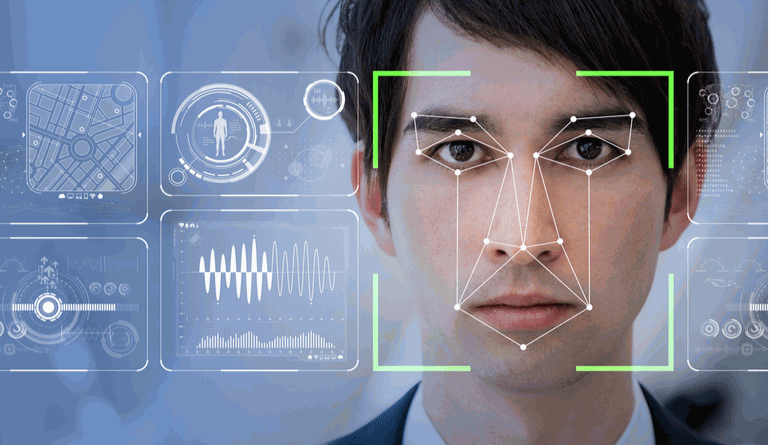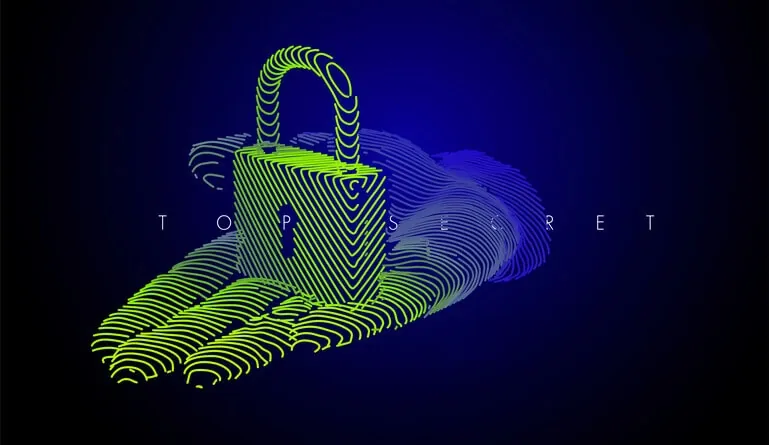How far is too far? That is the question of the moment with city and state officials across the country.
Back in 2002, a Philip K. Dick story was brought to life on the silver screen with Tom Cruise starring in the movie “Minority Report.” In the movie, the setting was the United States in a future (set in 2054) where police used a form of Psychic Technology to arrest perpetrators before they committed their crimes. Could this future be that far off? With camera technology making leaps and bounds in recent years, officials are wondering aloud what is just and what is intrusive.
On May 14th, the board of supervisors in San Francisco voted 8-1 to ban facial recognition technology with respect to city agencies. Future of Facial recognition technology has been the subject of debate in the last year with many cities considering the removal of its use. San Francisco was the first city in the nation to take this monumental step in banning its use. The argument for its removal is stemmed from the realization that the technology still has a long way to go to be accurate. People of color and women were both mistakenly identified by facial recognition technology in many cases nationwide, casting the technology in doubt to its accuracy in use.
The United States is not the only country to use facial recognition technology, China has also used it in recent years to keep tabs on its citizenry. Other cities in the United States are now considering banning facial recognition technology. Oakland, California and Somerville, Massachusetts are two cities that are set for a vote soon on this issue. If these two cities enact a ban as well, this could start a groundswell of cities across the nation that will act in kind.
There are arguments on both sides of the issue from the ACLU arguing for the ban of facial recognition technology and not surprisingly, some tech companies who make facial recognition software such as Amazon and Microsoft who stand on the usage of facial recognition technology. The consensus among those in the field is that facial recognition technology is just not ready for prime time just yet and more work is needed to improve the accuracy of the technology. The ACLU conducted a test of future facial recognition technology that was supplied by Amazon and the software identified 28 black members of the US Congress as criminals. This was enough fuel to reconsider the usage of the software and sparked debate across the country.
The newly-passed San Francisco ordinance on facial recognition technology usage spelled things out concisely: “The propensity for facial recognition technology to endanger civil rights and civil liberties substantially outweighs its purported benefits and the technology will exacerbate racial injustice and threaten our ability to live free of continuous government monitoring.”





